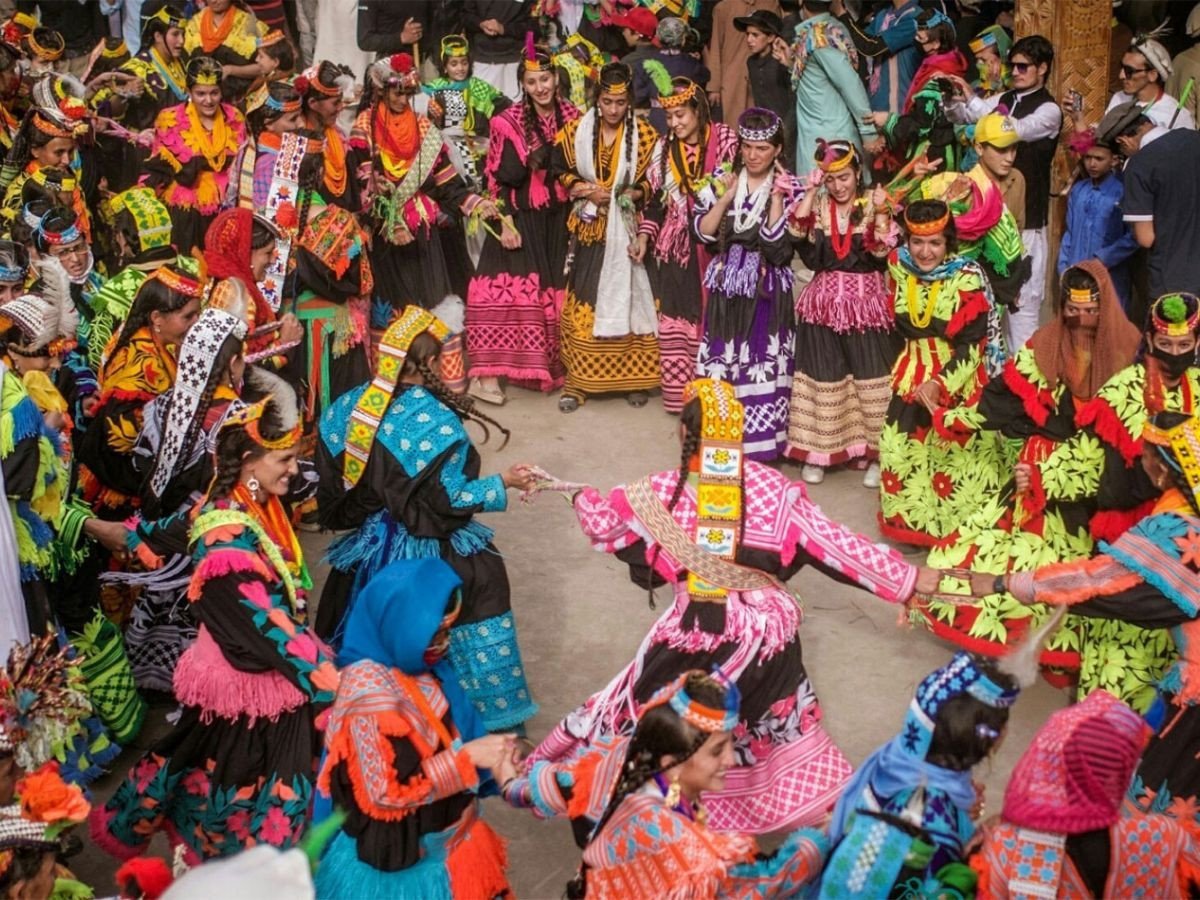Exploring the Rich Musical Heritage of the Kalasha Tribe
Nestled within the breathtaking valleys of the Hindu Kush Mountains in northern Pakistan, the Kalasha tribe thrives, holding tightly to its unique identity, much of which is preserved through music. For the Kalasha, songs are more than mere melodies; they are sacred, functioning as both prayer and history. Their musical traditions embody unwritten lore, rituals, and beliefs, weaving a rich tapestry of the community’s spiritual essence.
During my journey into the heart of their culture, I had the pleasure of attending a workshop titled Sur Sajday Ke Roop Hazaar, where I met Imran Kabir, a knowledgeable member of the Kalasha community. With his guidance, I delved into their music, festivals, and rituals, discovering how profoundly intertwined they are with the tribe’s everyday life.
Unlike many cultures with codified scriptures, the Kalasha rely solely on oral traditions. Their hymns serve as vital records of identity, allowing them to navigate the tensions of modern political and religious landscapes. Unfortunately, their small population, estimated to be just a few thousand, faces significant threats—from cultural erosion to pressures for conversion. Understanding their music today involves not just listening to the notes but also recognizing the risks of silence looming over their culture.
The Kalasha music spectrum is vast, including "Achambi" chants to bless newborns, joyful wedding songs, and "Kanaa Bhum" lamentations that honor the lost. Each piece has a purpose, rich in context and encoded with theological significance. This artistry allows them to express communal experiences, transcending mere entertainment to become essential in maintaining their cultural fabric.
Festivals play a critical role in reviving and celebrating this heritage. Events like the Zhoshi Spring Festival, filled with songs and rituals, offer cosmic renewal and a communal gathering of joy. As traditional practices are challenged by modernity, the need for a robust representation of Kalasha music becomes more pressing.
Understanding their musical landscape sheds light on deeper philosophical themes, such as the intertwining of sound, memory, and identity. Women, in particular, play a crucial role by preserving hymns that reflect the community’s spirit, often in sacred spaces apart from men. This dynamic demonstrates a resilient culture actively engaging through music, despite contemporary pressures.
With efforts underway to document and preserve their musical heritage, there remains an urgent need for community-led initiatives. By focusing on the voices of the Kalasha themselves, we can help ensure that their rich traditions endure, contributing to a broader narrative of cultural diversity.
Ultimately, the songs of the Kalasha are not just fragile remnants of a fading culture; they represent resilience and resolve. They are a testament to the enduring human spirit and the need to cherish and protect our shared cultural legacies.
As we reflect on the Kalasha’s musical world, we are reminded that listening deeply isn’t just an act of appreciation; it’s a step towards safeguarding diverse expressions of humanity. To engage further with these intriguing stories and more, consider connecting with platforms like Pro21st, where cultural narratives find a voice.
At Pro21st, we believe in sharing updates that matter.
Stay connected for more real conversations, fresh insights, and 21st-century perspectives.





